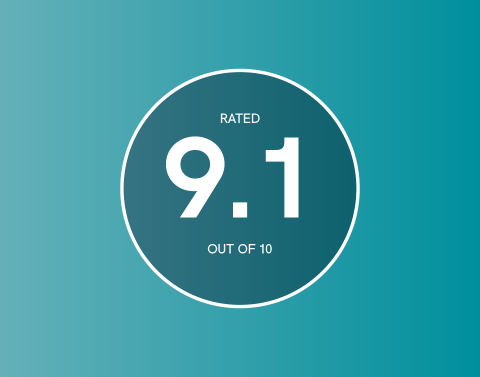Did you know that what you choose to leave off your CV is as important as what you include?
Hiring managers receive hundreds of CVs for any given open role. It’s fact that they don’t have the time or resources to review each one in detail and actually spend just six seconds on their initial ‘fit/no fit’ decision.
You may be perfect for the job, but if your CV highlights completely irrelevant areas, you’re not going to make it to that initial first stage. Don’t let that be you! Read our guide on what not to include in your CV to ensure you’re ahead of the career game.
Your entire life story
Hiring managers are looking for three things from your CV; what your last couple of jobs were, when you worked there and if the skills you have fit with the position they need to fill. So that’s what you need your CV to communicate – not your entire life story.
Anything that screams ‘I’ve no idea why I ended up in this career’
Don’t fret; very few people actually have a detailed career path mapped out in which a certain employer takes the lead. You can stand out by making your CV as orderly as possible and making sense of each step you’ve taken. Some of us may have a slightly fragmented work history – don’t worry. Just work out logical themes that are most relevant to the job you’re applying for (e.g. Management, Marketing and so on) and support these themes with further details that explain how your skill set and experience fit with the role.
Lists of duties without results
Your CV needs to go beyond the obvious of saying which jobs you’ve done. How? By detailing what you accomplished in those jobs. Don’t forget this as it will separate you from an equally qualified candidate. For example, don’t just put ‘introduced a new quality control system’. Put ‘introduced a new quality control system saving the business £60k a year’.
Lack of confidence
Whatever you do, don’t let your CV reveal a lack of confidence in the more technical side of the role you’re applying for. Demonstrate how your skills match the person specification and job description by giving a few examples of key achievements where you’ve used these skills and qualities.
Personal information
Sending a CV to a prospective employer is part of the discovery phase of the hiring process. Employers don’t need to know about your marital status, religious preference, race or sexual orientation. They do need to know your name, city and how to contact you. If you make it through to the first stage of the interview process then the details relevant to the job role will be collected at that point. Also remember that in an age where most CVs are sent electronically, there’s no way to be certain about where it might end up. So protect your personal data folks and don’t include any National Insurance numbers etc.!
Annoying buzzwords
This one’s simple. Don’t use ‘think outside the box’, ‘people pleaser’ or ‘synergy’. Do use ‘managed’, ‘resolved’ and ‘achieved’.
Visit www.ojassociates.com to search for your next opportunity.



